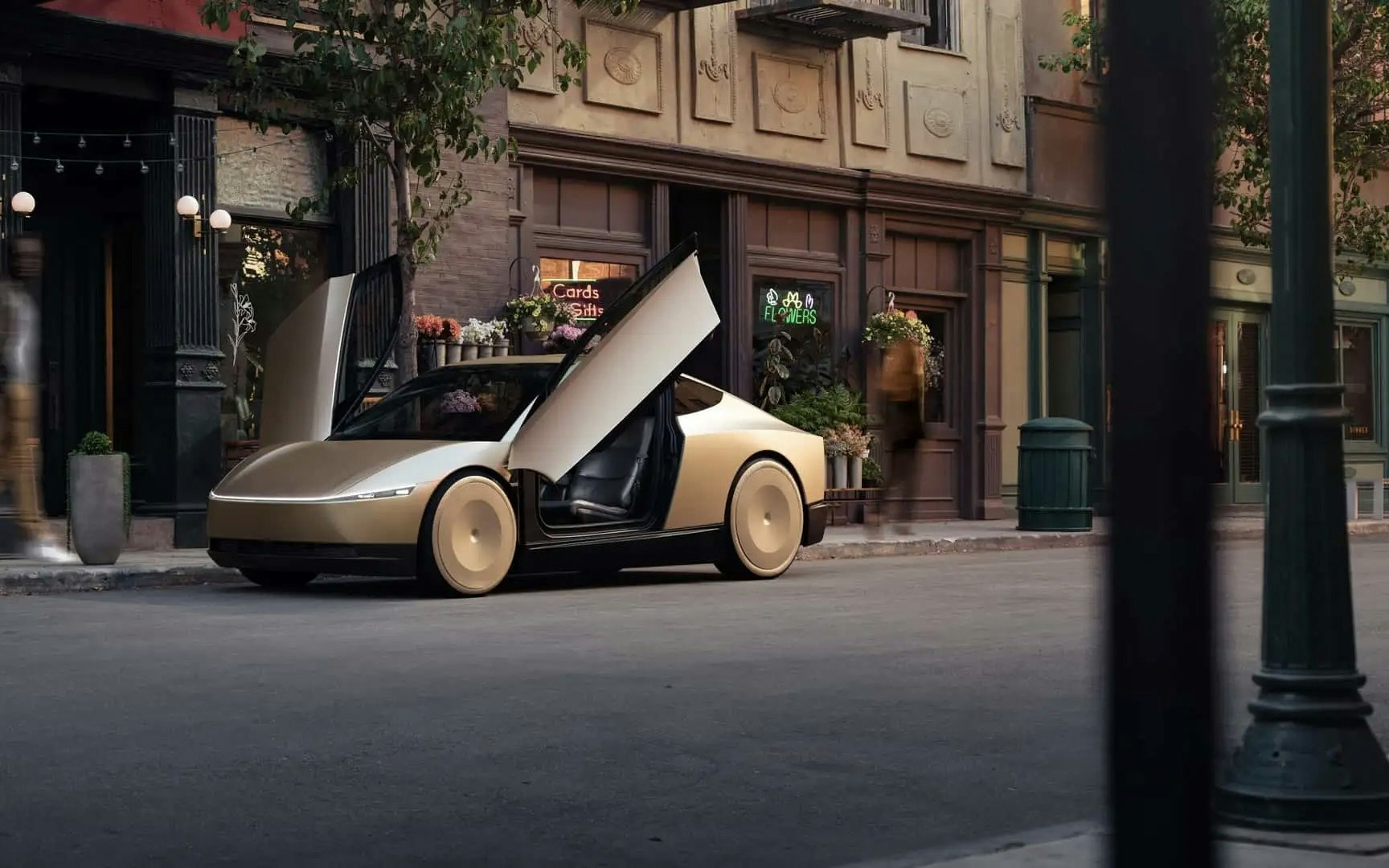Elon Musk unveiled the "Cybercab" at a highly anticipated Tesla investor event, suggesting that self-driving taxis could hit the market before 2027 for less than $30,000. The presentation took place at Warner Bros Studios in Los Angeles, where Musk showcased the innovations in a Cybercab without a steering wheel and pedals.
The announcement initially sent Tesla's stock into an upward trend, before it fell by nearly nine percent after a disappointingly short and delayed event. Despite the initial rise, the stock price ended the trading day at $70.01, representing a slight loss.
Musk announced that the production start phase of the Robotaxis will begin before 2027, provided approval by regulatory authorities is obtained. Additionally, Tesla introduced the "Robovan," an autonomous vehicle for up to 20 people, scheduled for the second half of 2025. These products are set to revolutionize the market for self-driving vehicles and offer a personalized mass transit solution.
Despite these ambitious plans, concrete details regarding the technology and cost-reduction measures were lacking. Particularly disappointing for investors was the absence of a more affordable electric vehicle, the so-called Model 2, which is planned to cost $25,000 to revitalize Tesla's aging product portfolio.
The heading translates to:
"Analysts expressed skepticism about the feasibility of the goals. Garrett Nelson from CFRA Research criticized the lack of clarity in Tesla's near-term product roadmap and emphasized that the event contributed little to improving the medium-term earnings outlook. Additionally, past promises by Musk, such as full autonomy by 2017 or a million robotaxis by 2020, have repeatedly not been fulfilled.
In comparison to competitors like Nvidia, which continue to lead the market with their H200 AI chips, Tesla remains a challenger without clear technological superiority.
Despite these challenges, Musk remains optimistic that the demand for AI infrastructure and autonomous transport will continue to grow. "This is the beginning, not the end of the AI race," he emphasized in conclusion, without, however, outlining specific steps to overcome the existing technical and regulatory barriers.





